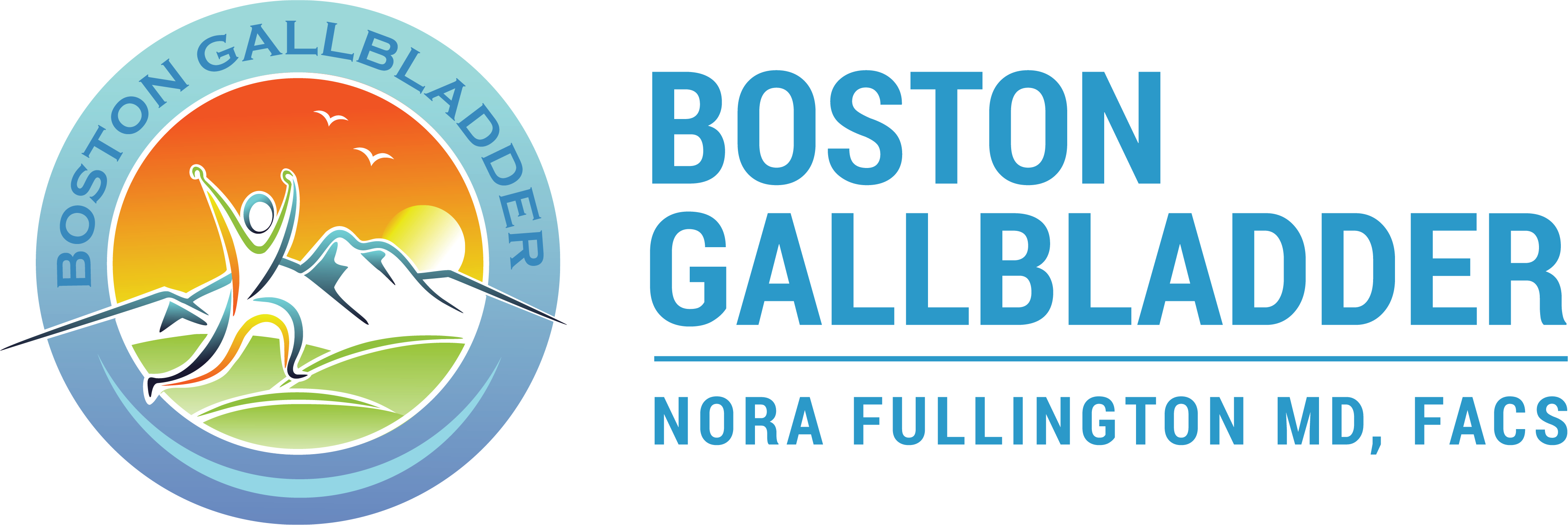Surgery
You have just undergone minimally invasive surgery to remove your gallbladder. This involves making small incisions in your abdomen in order to separate your gallbladder from its attachments to the liver and ducts it is connected to. It is removed through a small bag via one of your incisions and sent to the pathologist who will examine it under the microscope.
Pain
Soreness and pain in the abdomen – at the incision site and in the right upper belly is normal. Pain will be worse with movement, changing positions from laying to seated to standing. You may also notice pain in the shoulder and upper back – this occurs because the same nerve that senses pain in the upper abdomen does the same in the shoulder and back and sometimes the signal can feel like it’s coming from either of these areas.
We recommend taking the following every 6 hours for the first few days after surgery as needed:
- 650mg to 1g of acetaminophen (Tylenol)
- 400mg to 600mg of ibuprofen (Advil or Motrin)
Applying ice to the surgery site for 20 min at a time can also be helpful.
If you are experiencing significant pain that is preventing you from going on a walk or falling asleep, please take oxycodone as prescribed or call the office for a prescription. This medication will cause constipation, so we recommend the following:
- Fiber supplement (Citrucel or Metamucil)
- Stool softener (Colace) and/or natural laxative (senokot)
- Other laxative only if unable to have a bowel movement for a few days (Milk of Magnesia)
Incisions
The incisions are closed with dissolvable sutures under the skin– these do not need to be removed.
Your incisions are then covered with dissolvable glue that acts as a bandage. There is no need to place a bandage over this, but you can if you have any drainage from the wound to protect your clothes or if you find it more comfortable to do so. The glue will fall off on its own in about 2 weeks.
Your incisions may become hard about 7-10 days after surgery. This is due to healing and is normal. This hardness will eventually soften and smooth out.
Bruising around incisions is normal after surgery. Many patients have used Arnica Montana, either as a gel or orally, to reduce swelling and bruising after surgery. Arnica is a safe, homeopathic medicine that works well in many patients. Most natural food stores will carry it.
Diet
In general, you are able to eat whatever you feel like eating after surgery. Because your gallbladder was involved in the digestion of fats, some patients have sensitivity to fatty foods for a few weeks resulting in some loose bowel movements during this period of time. This is not harmful to you and you can continue to eat what you feel like or choose to avoid fatty food if this makes you more comfortable. This should get better over the few weeks after surgery. If you have persistent loose bowel movements, consider taking fiber (citrucel or metamucil powder) as this may slow your symptoms down and make you feel better.
Bathing
You may shower at any time after surgery. You do not need to cover your wounds.
Please avoid baths, hot tubs, pools, or soaking in water for 2 weeks after surgery, as this can increase your risk of an infection.
Activity
Following surgery, you are encouraged to do as much physical activity as is comfortable. We recommend walking at a leisurely pace as much as possible. It is safe to resume normal activities so long as you start them slowly and stop if you notice sharp pain.
You may drive 24 hours after surgery if you feel up to it, as long as you are not taking any prescription pain medications. We typically recommend you avoid driving for 48-72 hours unless necessary.
Precautions
Although not commonly seen, any incision is susceptible to infection. If you develop a fever of 101 degrees or above, have unexpected pain, redness or drainage from the incision, please contact our office.
Your pain and swelling should gradually improve after the second or third postoperative day. If you have new, constant pain after feeling good for a couple of days, please contact our office.
Follow-Up
You will have a post-operative appointment scheduled for somewhere between 2 and 4 weeks after surgery. If this has not been scheduled yet, or if you need to reschedule, please contact our office.
Surgery Recovery During Cold and Flu Season
The winter months bring lots of colds and sometimes the flu. If you find yourself needing to cough or sneeze, it’s often helpful to place a pillow over your incisions. This provides some support and comfort, and will hopefully decrease your pain when you cough or sneeze. Sharp pain is not uncommon after a cough or sneeze, and lingering effects should resolve in a day or two.
Here are some Common FAQs our patients ask before and after surgery.
Laparoscopic Cholecystectomy – Printable Post-Op Instructions
